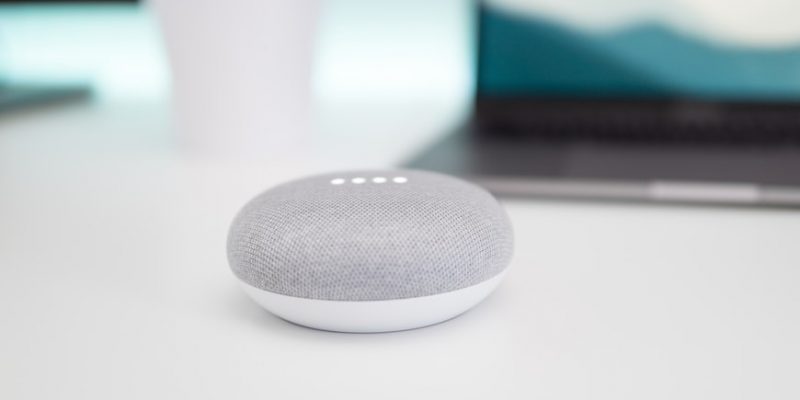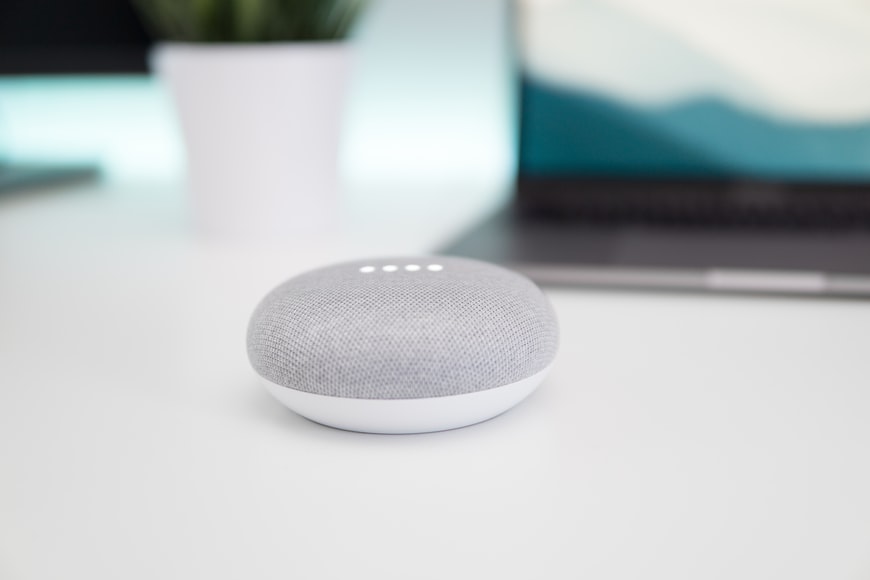A smart speaker is similar to a regular speaker, but it additionally includes a microprocessor like a computer and a microphone. This microprocessor provides access to smart assistant capabilities such as Amazon’s Alexa, Google Assistant, Microsoft’s Cortana, and Apple’s Siri. These assistants will give you complete command over your digital life, including online searches, music, home temperature, home lighting, other connected smart devices, calendar management, alarms, and whatnot!
A good smart speaker will provide you with an excellent digital assistant and audio output. When it comes to choosing a decent smart speaker, you need to make compromises to be made. You will buy a single, smart speaker and not a multi-unit set up with a specialised sound system. So you need to set your expectations accordingly, but not too low.
Monopoly Shifting to Competition
Third-party manufacturers of smart speakers like Sonos are trying their best to get a market share of the prominent manufacturers (holding monopoly and price making authority) like Amazon, Apple, and Google. Even though they do not have an exclusive assistant, they gradually become compatible with the first party manufacturers and challenge the monopoly.
You can also join these smart speakers to form speaker groups. You may, for example, build a speaker group that includes both Amazon Echo and Sonos devices.
Smart speakers are becoming as common as any other home utility, possibly becoming boring. But that doesn’t mean you should dive headfirst into the world of smart speakers to catch on to the trend.
As the competition and buyer’s options increase, so does the risk of choosing the wrong product. Rather than risking buyer’s regret, we’ve outlined the main smart speaker characteristics to check for before purchasing:
1. Provides a Plug and Play Experience
A smart speaker is not much of a smart speaker if you need to invest a lot of mental energy to set it up and utilise it daily. As may be expected, the most popular versions are generally the easiest, so if you want a plug-and-play service, choose the Google Nest Audio, Apple HomePod small, or Amazon Echo 4th Gen based on which ecosystem you live in.
2. Accommodates Your Digital Lifestyle
Your smart speaker should have an excellent digital assistant that complements the user’s digital lifestyle. The very first criteria you may use to exclude competitors is the operating system of your phone.
If you have an iPhone, the Apple HomePod mini is the way to go. If you have an Android smartphone, you will find it easier to operate with a smart speaker that runs with Google Assistant or Alexa. Smart speakers must be resourceful and usable to everybody, regardless of technological skills.
Even though all the smart speakers work similarly, some offer unique characteristics to their particular ecosystems. Apple’s intercom capability is confined to the HomePod mini and will only stream audio to Apple devices that are compatible. Android smartphone owners will be unable to send or receive intercom audio using a HomePod mini.
3. Has a Strong Connection Quality
A smart speaker that can’t fulfill simple instructions resulting from ineffective and poor mic performance is perhaps as annoying as one that cannot maintain any WiFi or Bluetooth connection. To address our never-ending barrage of queries, smart speakers require internet connectivity (WiFi). It’s difficult to tell which models are trustworthy and not unless you try them or dive into their reviews.
Although you can go to Best Buy and try out a couple of models, it would be inconvenient. Your most practical method may be to explore legitimate, reliable sources that have evaluated smart speakers that suit your demand. Fortunately, many stores offer good return policies and in the worst-case situation, you have to pay a small restocking charge.
4. Offers a Good Sound Quality
This criterion is self-explanatory; however, you’ll want it to have high audio quality if you incorporate a speaker into your house. Certain smart speakers have greater sound quality than others. For example, Amazon Echo is not recognised for its exquisite sound quality.
Since Sonos is recognised largely for sound instead of smart capabilities, third-party producers like Sonos or its rivals may have a leg up in this area. It all comes down to striking a balance.
5. Fulfills Your Unique Demands
There is a huge subjective part for stating a smart speaker as one of the best. What factors appeal to your demand might not be very important to others. So we would recommend you to choose a model that appeals to you. After all, it will be your new roommate for the foreseeable future, so there’s no point in choosing the one which does not make you happy.
Smart speakers at Gimme fulfil the criteria of a good smart speaker, so you can trust us when buying one for yourself or a loved one! Essentially, these are general suggestions to take before impulsively purchasing your new smart speaker. We hope this article has helped you make an informed purchase.





















